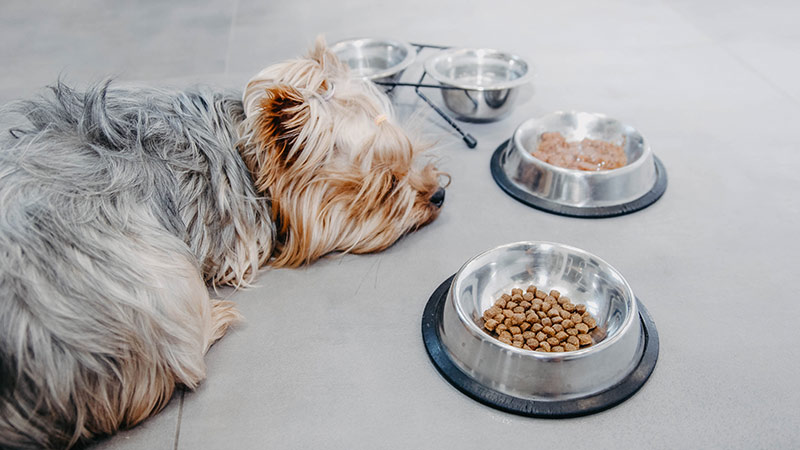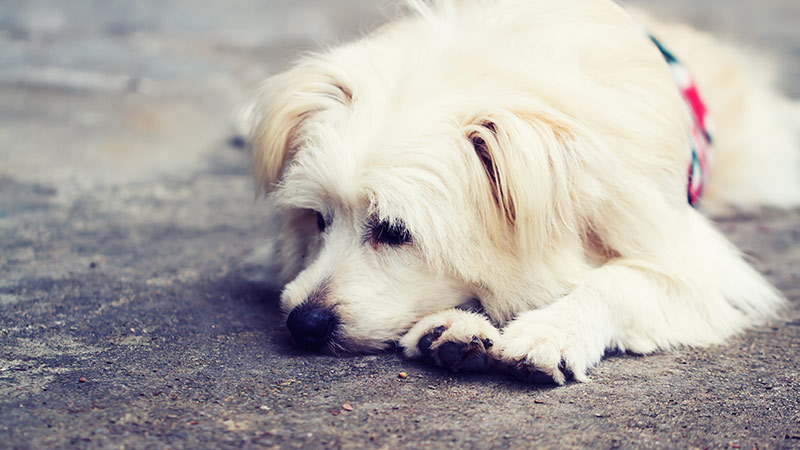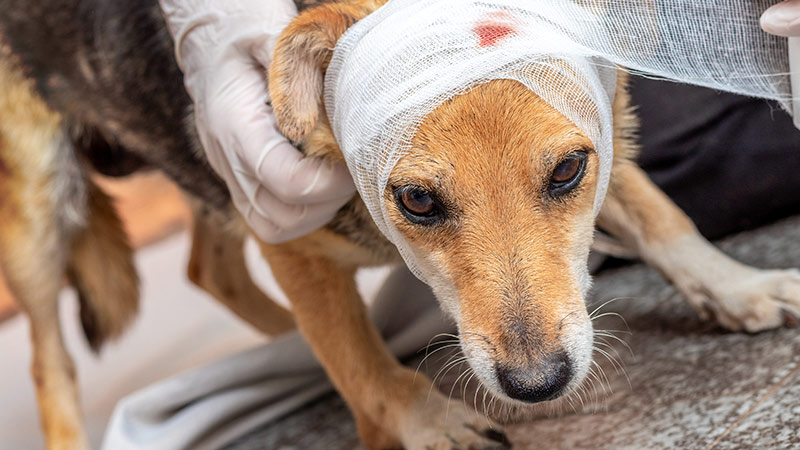
6 Signs Your Dog May Have Cancer
We love our furry best friends and wouldn't want anything to happen to them, but some things are beyond our control. It's sad to hear that your dog may have cancer, but if you can recognize the early signs, you might be able to help them heal better and sooner! We review six signs that your dog may have cancer.
1. Lumps and Bumps
A regular check for lumps and bumps can be done when petting or grooming your dog. Run your hands close to their skin and be familiar with any cuts or scars they have or receive (especially if they are younger and like to play rough) or if they are relatively unscathed. Not all bumps are cancerous, but monitoring your dog's skin health is a good habit to practice.
2. Non-healing Wounds
Along with a regular surface check on your dog, you might notice wounds or sores that don't heal up. Non-healing wounds could signal an immune system problem or other issues. A vet can assess the spot (or spots) and tell if it is indeed cancer or anything else.
3. Increase Drinking and Bathroom Needs
Keep in mind that this particular sign is not always directly related to cancer, but again should be monitored and could potentially alert you of other issues your dog may be having. Drinking more water than usual could be due to non-concerning reasons like being hot, having eaten a particular food, or recently exercising. Always make sure your dog does not get dehydrated from day-to-day activities. On the other hand, it could also signify illnesses like diabetes, kidney failure, or cancer, especially in older dogs.

4. Loss of Appetite and Weightloss
Similar to when they have an increase in water intake, there are many reasons why dogs will lose their appetite and not eat like they usually do. Some reasons are simple and nothing to worry over, while others could be more serious. Dogs might not eat because of stress, changes in the environment, or simply because they are tired of their current food. Other reasons could be dental problems, other illnesses, and cancer. Take your dog to the vet if you notice them acting odd, having other symptoms like vomiting or fatigue, or if they haven't eaten at all for two days.
5. Coughing or Difficulty Breathing and Swallowing
If your dog is coughing for reasons other than usual, like when they drink water too fast or get into something they shouldn't, they need to see a vet. Coughing or any breathing problems and trouble with their throat could become severe and a sign of cancer or other illnesses such as pneumonia, kennel cough, or windpipe collapse (common in smaller dog breeds).

6. Evidence of Pain
Pets can't always tell us what is hurting them, but there are visual cues we can pick up on. They might shake or hold their head down, be restless, suddenly aggressive or not want to be touched, or more visible things like walking slower, limping, and other symptoms. Keep an eye on what you see that is different than usual, and have a chat with your vet to see if it is something serious or not.
Conclusion
We know when something isn't right with our dogs. They can act differently, have lower energy levels, and not seem like themself. It might be time for a vet visit if any of the abnormal behaviors listed above (or others that might be a cause for concern) persist and don't get better on their own. That's why it's always essential to go to yearly checkups, keep up with any medications your dog may need, and keep an eye on their general health. If something's not right, take them to a professional!
Want to know more? Check out our previous blog here for eight more signs that your dog might have cancer.











